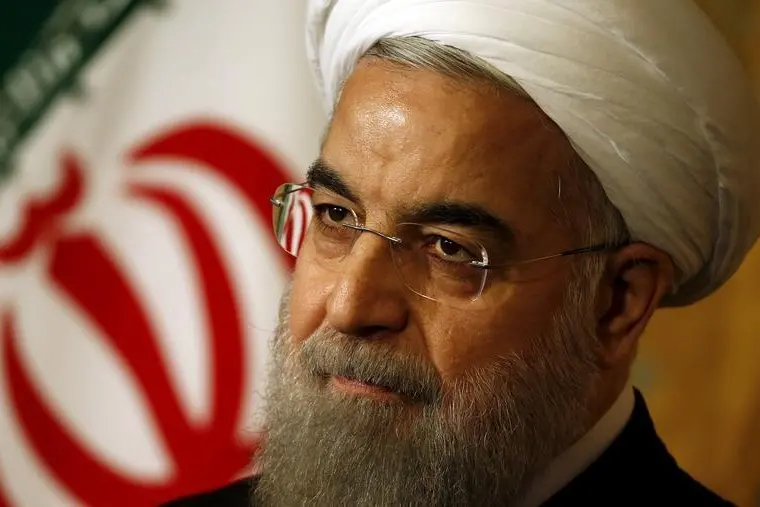PHOTO
DUBAI/LONDON, May 22 (Reuters) - Iranian President Hassan Rouhani said on Monday stability could not be achieved in the Middle East without Tehran's help, responding to criticism of the Islamic Republic from U.S. President Donald Trump who is visiting the region.
Rouhani, a pragmatist who won a new mandate in last week's presidential election, also dismissed a summit Trump attended at the weekend in Saudi Arabia as a "ceremonial (event) that had no political value and will bear no results".
"Who can say regional stability can be restored without Iran Who can say the region will experience total stability without Iran" Rouhani told a news conference, broadcast live on state television.
Rouhani, the face of Tehran's deal with six major powers in 2015 to curb Iran's nuclear programme in return for the lifting of sanctions, said the U.S. administration lacked knowledge about the Middle East.
"Americans resorted to many different methods against Iran but failed in all ... We are waiting for the new government to find stability and continuity in its policies," said Rouhani.
"The problem is that the Americans do not know our region and those who advise U.S. officials are misleading them."
Rouhani also said last week's election showed Iranians wanted more democracy and interaction with the world, adding this would lead to much-needed economic progress.
"The Iranian people voted for moderation as they know a prosperous economy and jobs can only happen through investment, and investment through freedom and interaction with the world," he said.
Rouhani also told the news conference that he would continue Iran's ballistic missile programme.
"The Iranian nation has decided to be powerful. Our missiles are for peace and for defence ... American officials should know that whenever we need to technically test a missile, we will do so and will not wait for their permission," Rouhani said.
"America's dream on ending Iran's missile programme will never come true."
(Additional reporting by Bozorgmehr Sharafedin in London; Writing by Parisa Hafezi; Editing by Alison Williams) ((parisa.hafezi@thomsonreuters.com; +90 532 176 3452; Reuters Messaging: parisa.hafezi@thomsonreuters.com))





















